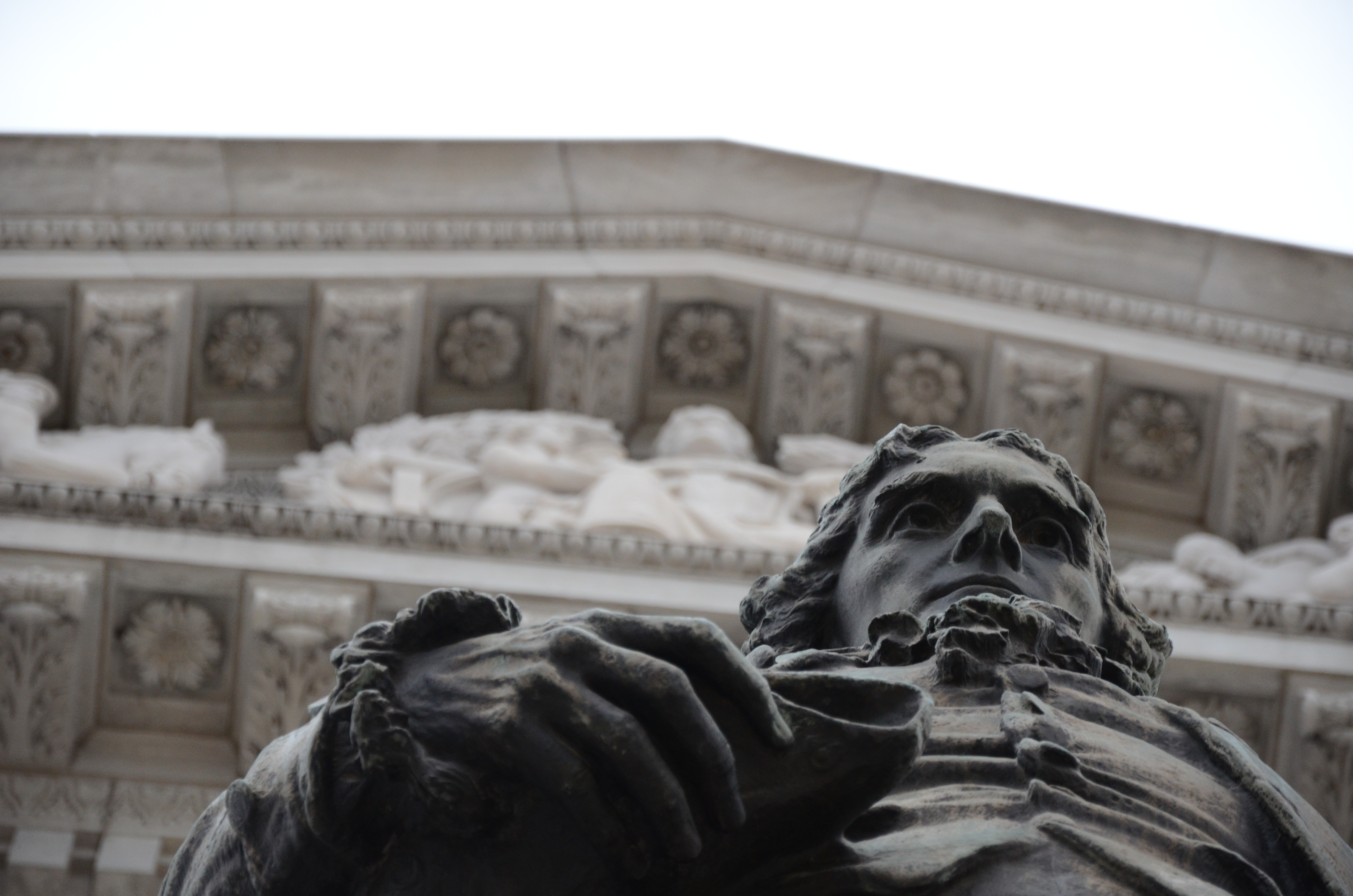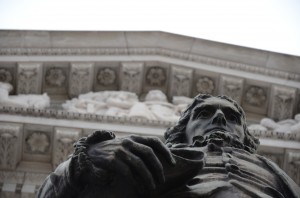By Collin Reischman
JEFFERSON CITY, Mo. — A bill that would create a voucher program to allow children with autism to attend special education centers is encountering resistance from some educators.
House Bill 458, sponsored by Rep. Dwight Scharnhorst, R-St. Louis County, is nicknamed “Bryce’s Law” after Scharnhorst’s grandson who was diagnosed as severely autistic at two-years-old.
“These children have very specific, very special needs,” Scharnhorst said. “We owe it to our children to allow them to have an equal and fair education that is the best it can possibly be.”
Scharnhorst said the Missouri constitution guarantees a free public education to all children, and that autistic children throughout the state simply weren’t being provided with the resources they need to learn. The bill would allow parents to place their autistic child in a special facility designed to meet specific needs.
The bill passed the House Rules Committee and currently is on the perfection calendar. However, the Missouri National Education Association — as well as some of Scharnhorst’s fellow lawmakers — are opposed to the bill.
“I really feel for [Scharnhorst’s] family, and I have a great deal of sympathy for them,” Rep. Rocky Miller, R-Osage Beach, said. “But ultimately, it’s still a voucher bill, and I think it’s important to keep money in public education.”
Scharnhorst said he thinks the population of children with autism is so minimal that the program would not have a detrimental affect on the funding of public education. He also said that former state Rep. Sara Lampe, a friend of MNEA’s, assured Scharnhorst the bill would move through during the current session, however he has encountered strong resistance.
Mark Jones, political director of the MNEA, said they testified against the bill in committee because the education foundation formula is already underfunded, and that the bill would open the door for further voucher programs rather than money for public education.
“Anytime we are trying to address the needs of those with learning challenges we are going to do everything we can to help meet those needs,” Jones said. “Our concern was that students with those kinds of needs are often given an [Individual Education Plan], and those protections and those services that come to a student with special needs, they go away when the child is no longer in a public school. Ultimately, it is a voucher program that will take money out of public schools.”
Scharnhorst maintains the program is designed merely to level the playing field for children suffering from autism, and that a lawsuit could take place if the state constitutes to violate the “constitutional right to education” for autistic children.
Collin Reischman was the Managing Editor for The Missouri Times, and a graduate of Webster University with a Bachelor of Arts in Journalism.




